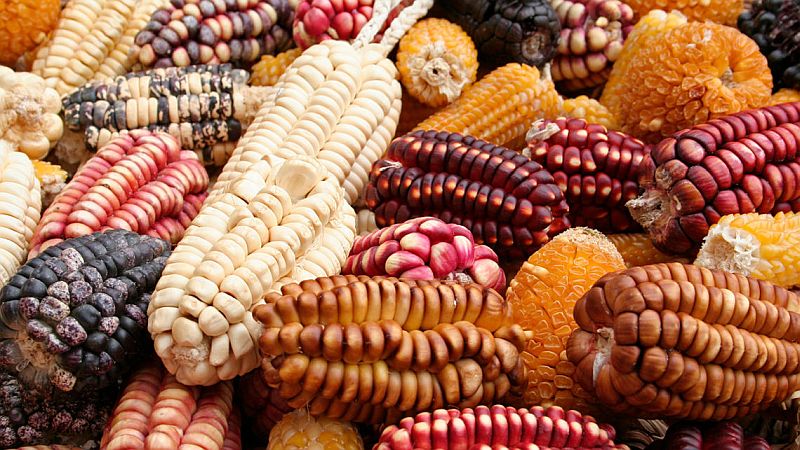
Corn, a staple crop consumed globally, traces its origins back to Mexico nearly 10,000 years ago, intertwined with the ancient customs of civilizations like the Mayans and Aztecs. From traditional dishes like tortillas and tamales to contemporary favorites like esquites, corn stands as a symbol of Mexican culture, cuisine, and heritage.
In an effort to preserve this historical legacy, Mexico has undertaken measures to phase out the importation of genetically modified (GM) corn, predominantly sourced from the United States. This decision, initiated by Mexican President López Obrador’s decree in 2020, has led to diplomatic tensions between the two nations.
The Mexican government cites concerns over public health and the preservation of native corn varieties as reasons for this action. However, the move has faced opposition from the U.S., a significant supplier of GM corn to Mexico, accounting for nearly 30 percent of its corn imports from 2018 to 2020. Disputes have escalated to formal discussions under the United States-Mexico-Canada Agreement (USMCA), with the U.S. asserting that Mexico’s ban violates trade agreements and lacks scientific substantiation.
Mexico contends that GM corn poses health risks and threatens its agricultural heritage and identity. The country boasts the world’s most genetically diverse collection of corn, hosting over 59 unique varieties. This diversity stems from millennia of cultivation and selective breeding, transforming the wild grass teosinte into the corn varieties seen today.
The concern over GM corn centers on the potential for genetic contamination, with genes from U.S. corn infiltrating native varieties through cross-pollination. This phenomenon poses a risk of altering the genetic makeup of indigenous corn strains, potentially compromising their resilience to local environmental conditions.
Unlike the U.S., where large corporations dominate seed production and cultivate a limited number of genetically uniform corn varieties, Mexico relies on seed-sharing practices that promote diversity. These practices enable farmers to cultivate corn in various colors and sizes, contributing to a broader genetic pool that enhances adaptability to diverse environmental challenges.
Jeffrey Ross-Ibarra, an ecologist at the University of California, Davis, emphasizes the significance of traditional corn varieties in maintaining genetic diversity, noting that Mexico’s corn diversity surpasses that of the entire United States.




